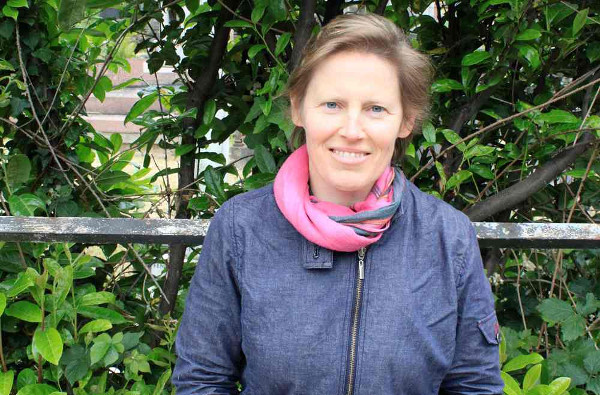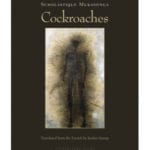The Guardian: The subtle art of translating foreign fiction

Le journal The Guardian a publié un article de Rachel Cooke sur les traducteurs aux Royaume-Unis dont Melanie Mauthner, la traductrice de mon roman ‘Notre-dame du Nil’ en anglais.
Lire l’article complet sur le site du journal the Guardian.
Melanie Mauthner, French to English: ‘In south London you hear so many Englishes’
Best known for translating the works of Rwandan novelist Scholastique Mukasonga, Mauthner worked as a sociology lecturer before becoming a translator. She gained a Hawthornden fellowship in 2013 to translate Mukasonga’s collection L’Iguifou. In 2014 she won the French Voices Award for her translation of the author’s first novel, Our Lady of the Nile. She also performs as part of the London writers’ collective Malika’s Poetry Kitchen.
When I was translating Our Lady of the Nile there were many unfamiliar terms I needed to find out about, for example, “un wax africain”. Walking through the alleys of Brixton market, I stepped into a fabric shop, where I discovered what the term means: the process of tie-dyeing cloth with wax, cloth that is then used to fashion women’s dresses and men’s robes. As I was reading Chimamanda Ngozi Adichie’s fiction at the time, I realised that the best translation would be “wrapper”.
Here is how I translate: I read the whole book first, as well as other books by the author so that I have the sound and feel of their prose in my head. The challenge is to find a similar voice in English. Would Scholastique Mukasonga sound like Jamaica Kincaid, Toni Morrison or Bernardine Evaristo? Walking around Brixton was helpful. It was in Brixton library that I first stumbled on this Rwandan author’s short stories. In south London you can hear so many “Englishes”: African, African Caribbean and Latin American. Mukasonga writes in a classical, lyrical French. Think Chinua Achebe or Nadine Gordimer. I needed to find a warm, tender, lively and smooth neutral English. I knew I would keep all the Kinyarwanda words that describe plants, fabric, food and spiritual rituals.
What is required? A lot of reading, and a lot of listening to the rich variety of Englishes spoken today. As a translator, my task is to hear a text with its flow, rhythm, syntax, register and diction, to hear it anew in my head. The work is to re-invent the text. I want the new reader to hear the text the way I hear it when I read it in French, with its texture and colour, like stepping into a painting, a land and soundscape.
As with any piece of writing, the most difficult part of the job is editing the drafts. This is slow work in order to ensure that the reader will not stumble or bump into a jarring word or clause. I work straight through to produce a first draft, and then I rewrite until it feels as if it had been written in English.
I didn’t meet the author but we corresponded by email after I sent her queries. I am fortunate because so many experienced and established translators share their advice with incredible generosity. It is a vibrant, supportive community with many workshops, summer schools and conferences where newcomers can learn from professionals. As a reader, I’m immensely grateful to translators who re-create the worlds of Jacek Hugo-Bader, Erri de Luca and Joseph Roth, such as Antonia Lloyd-Jones from Polish, Danièle Valin from Italian and Stéphane Pesnel from German.



